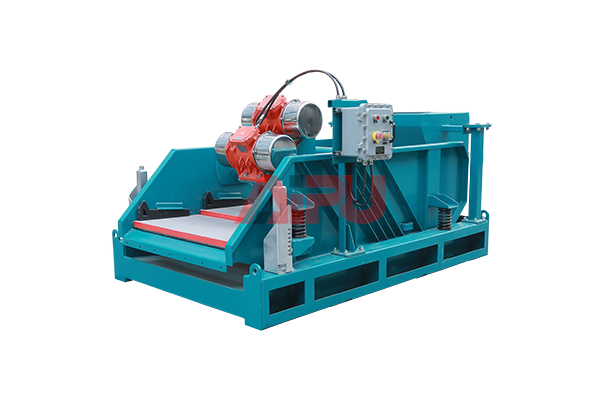Shale Shaker Efficiency Improvement Strategies
Vibrating screens, commonly known as shale shakers, play a critical role in drilling operations by separating solids from drilling fluids. Maximizing their efficiency directly impacts operational costs, equipment longevity, and environmental compliance. Here are proven strategies to enhance shale shaker performance.

Optimal Screen Selection
Screen mesh selection remains the most impactful variable. Coarse screens (20-40 mesh) handle high flow rates but allow finer solids passage. Fine screens (150+ mesh) capture smaller particles but require frequent replacement. The solution lies in:
- Matching screen size to expected particle distribution
- Using layered screens (coarse over fine) for progressive filtration
- Considering non-standard mesh patterns for specific formations
Precision Deck Angle Adjustment
The shaker deck's angle significantly affects both processing capacity and solids dryness. Field tests show:
- 0-3° angles maximize liquid recovery but reduce solids conveyance
- 5-7° angles provide balanced performance for most applications
- 10°+ angles create drier cuttings but risk premature screen wear
Vibration Parameter Optimization
Modern shakers offer adjustable G-force (2-8G) and vibration patterns (linear, elliptical, circular). Best practices include:
- Higher G-forces (6-7G) for sticky, clay-rich formations
- Lower G-forces (3-4G) for fragile screens or abrasive solids
- Elliptical motion for general purpose drilling
- Linear motion when processing weighted muds
Flow Distribution Techniques
Uneven feed distribution causes localized screen overloading. Effective solutions involve:
- Installing flow spreader plates upstream
- Using multiple feed points for wide shakers
- Maintaining 25-35% pool depth across the screen surface
- Avoiding direct high-pressure nozzle impacts on screens
Pre-Screening Solutions
Implementing scalping screens or gumbo removal systems before the primary shaker:
- Reduces blinding of fine mesh screens
- Extends screen life by 40-60%
- Lowers maintenance downtime
- Particularly effective in gumbo-prone formations
Environmental and Operational Synergy
Efficiency gains multiply when combining mechanical adjustments with operational protocols:
- Regular mud property monitoring (viscosity, density)
- Scheduled screen inspections (every 2-4 hours)
- Proper shaker feed hopper maintenance
- Staff training on early blockage detection
If your project requires 泥浆振动筛, choose Aipuyoufu.
